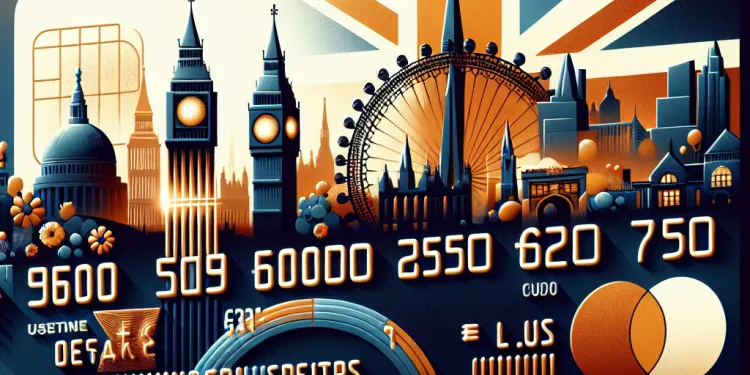
Find Help
More Items From Ergsy search
-
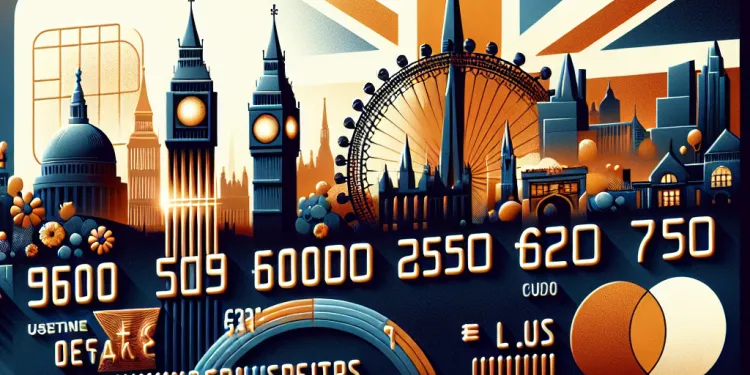
What is a good credit score to qualify for a balance transfer card?
Relevance: 100%
-

Will transferring a balance affect my credit score?
Relevance: 99%
-
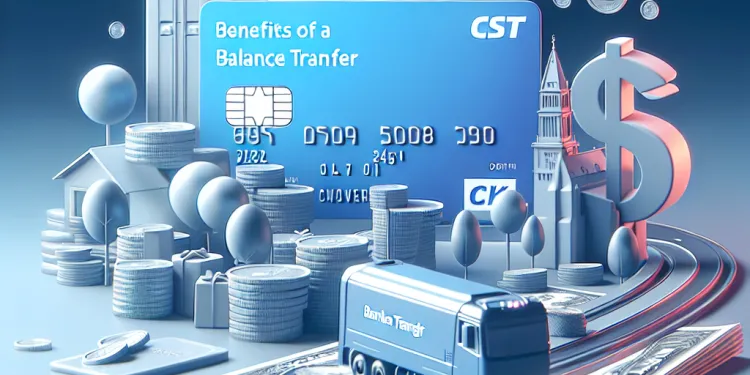
What are the benefits of a balance transfer credit card?
Relevance: 91%
-

What is a Balance Transfer Credit Card?
Relevance: 90%
-
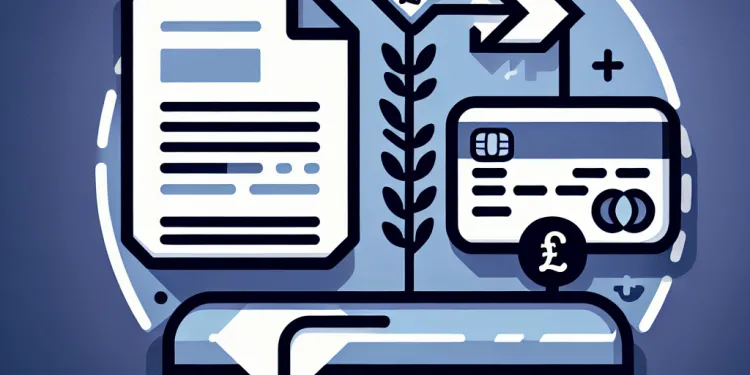
Can I transfer a balance from a loan to a credit card?
Relevance: 84%
-
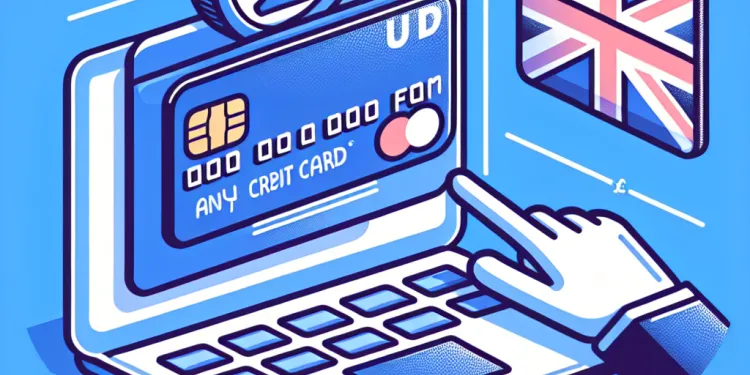
Can I transfer balances from any credit card?
Relevance: 83%
-

How do I apply for a balance transfer card?
Relevance: 82%
-
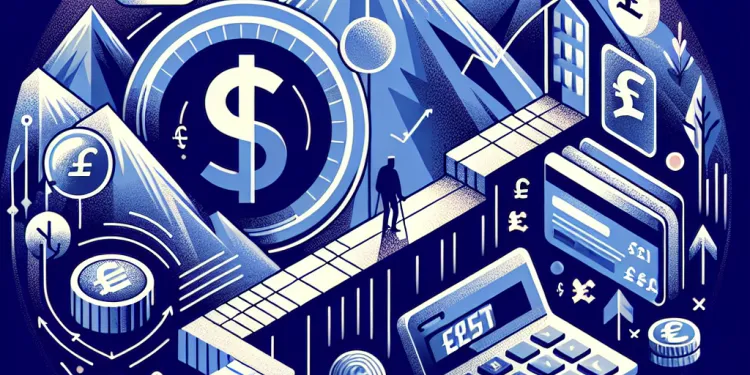
What is a balance transfer credit limit?
Relevance: 79%
-
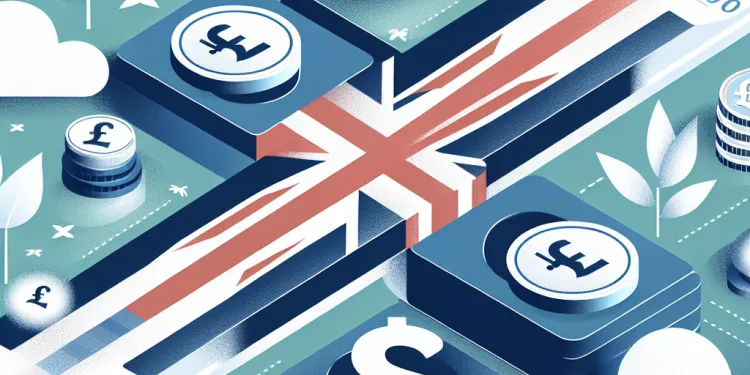
Can I transfer a balance to a card with no promotional offer?
Relevance: 75%
-
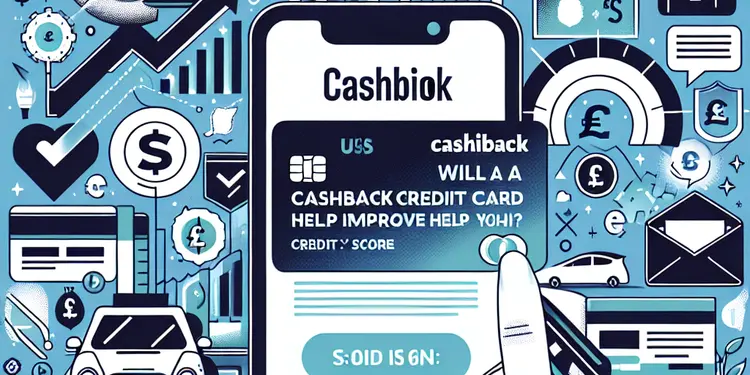
Will a cashback credit card help improve my credit score?
Relevance: 72%
-
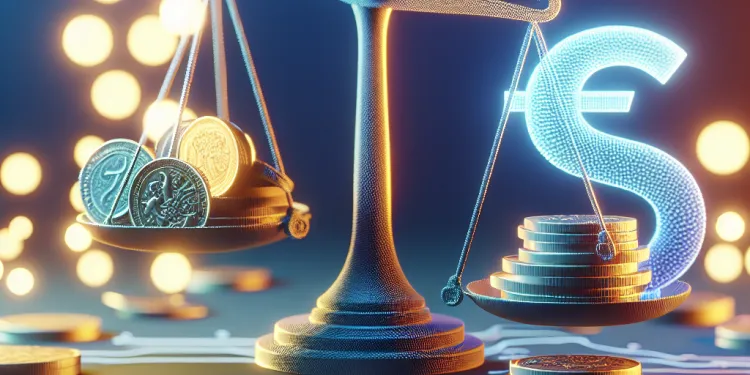
Is a balance transfer the right choice for me?
Relevance: 71%
-
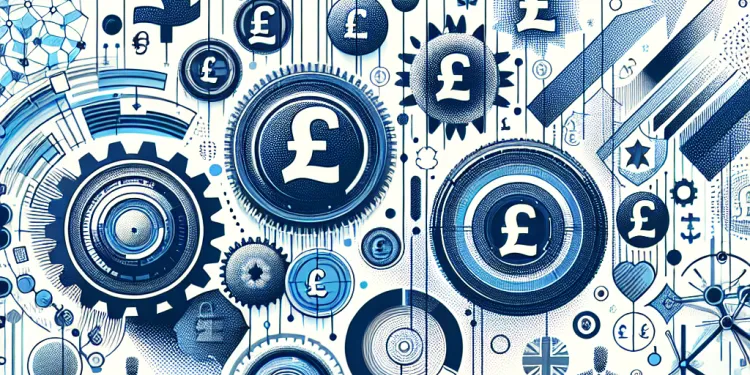
How does a balance transfer work?
Relevance: 69%
-
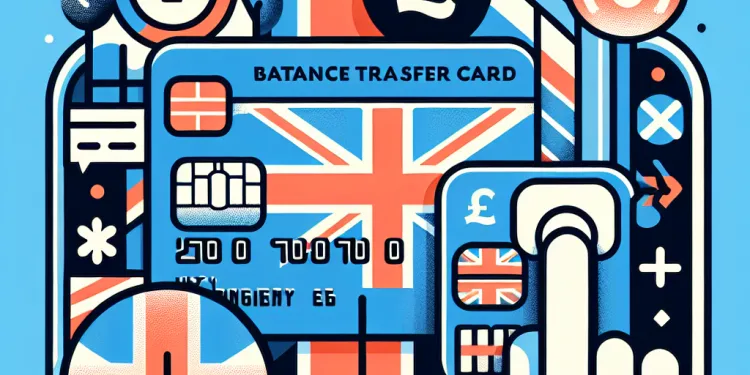
Can I use a balance transfer card for new purchases?
Relevance: 69%
-

Are there any fees associated with balance transfers?
Relevance: 68%
-
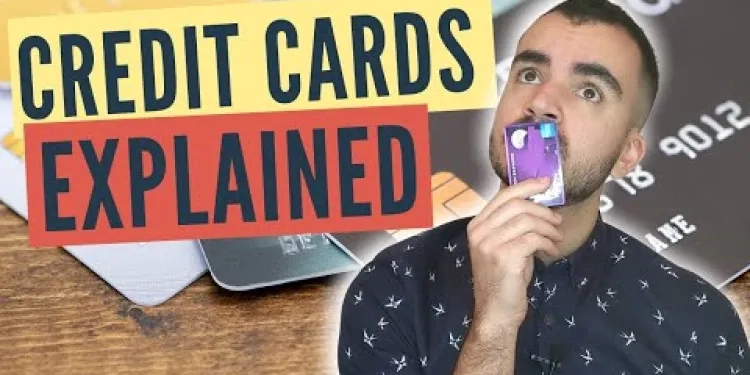
Credit Cards for Beginners Explained UK | Do's and Don't | Type of Cards
Relevance: 66%
-
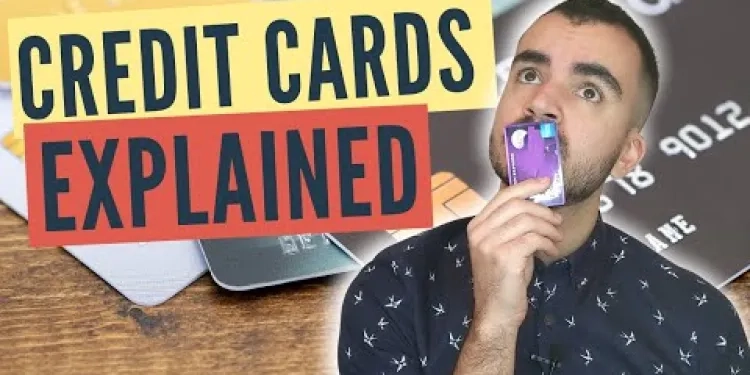
Credit Cards for Beginners Explained UK | Do's and Don't | Type of Cards
Relevance: 66%
-
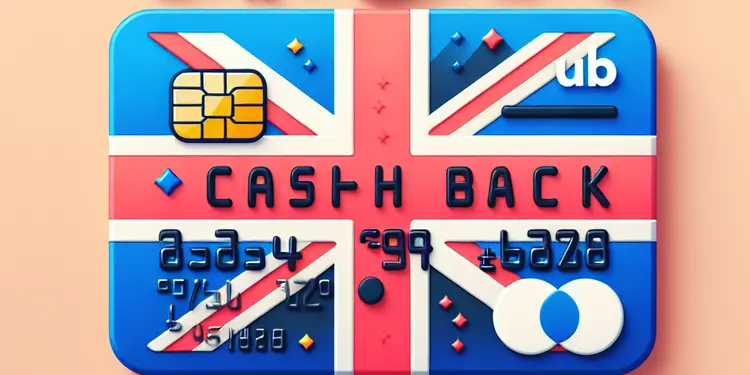
Can I transfer cashback rewards to another credit card?
Relevance: 66%
-
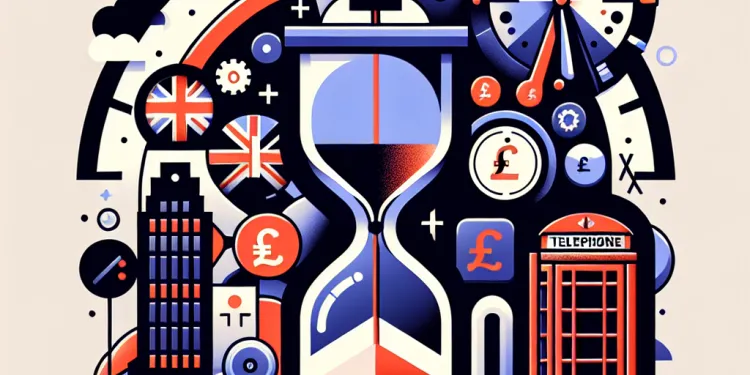
What is the typical duration of a promotional balance transfer offer?
Relevance: 61%
-

How long does a balance transfer take?
Relevance: 61%
-

Is a cashback credit card right for me?
Relevance: 60%
-

Do balance transfer offers apply to new purchases?
Relevance: 59%
-
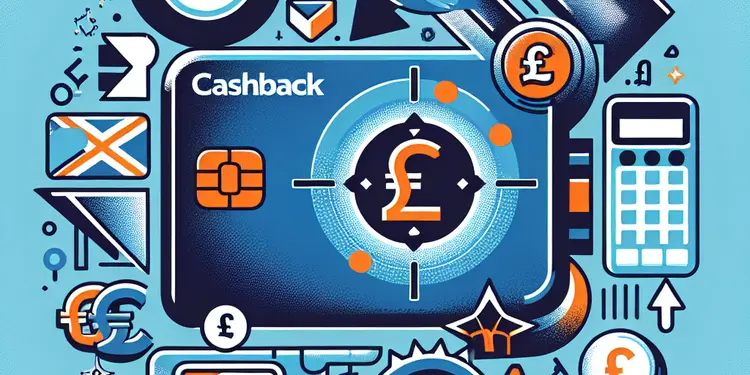
How does a cashback credit card work?
Relevance: 54%
-
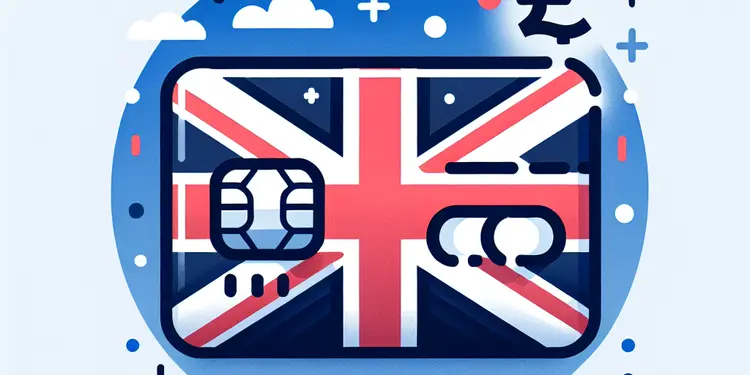
Are there any drawbacks to using a cashback credit card?
Relevance: 54%
-
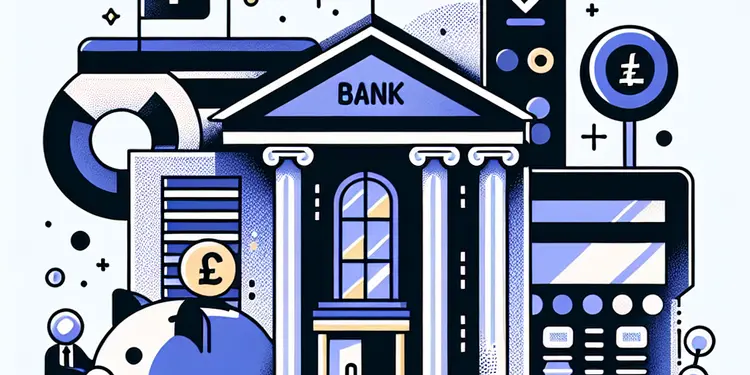
Will switching banks affect my credit score?
Relevance: 54%
-
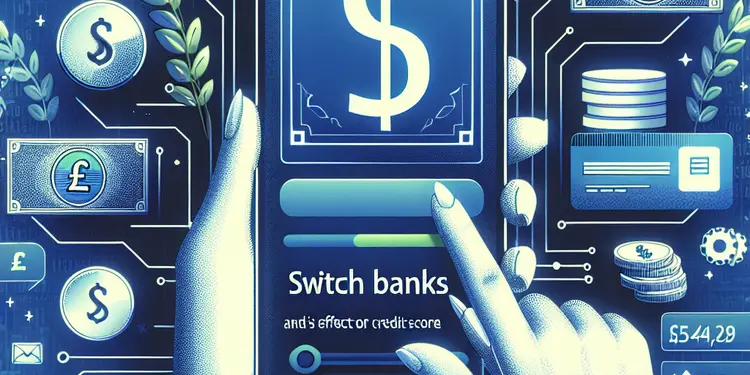
Will switching banks affect my credit score?
Relevance: 53%
-
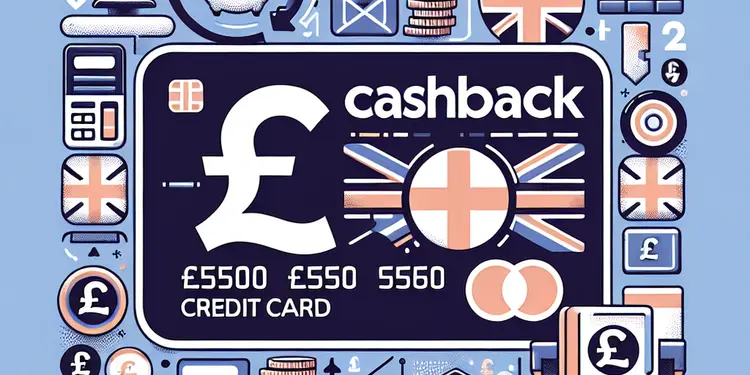
What is a cashback credit card?
Relevance: 53%
-
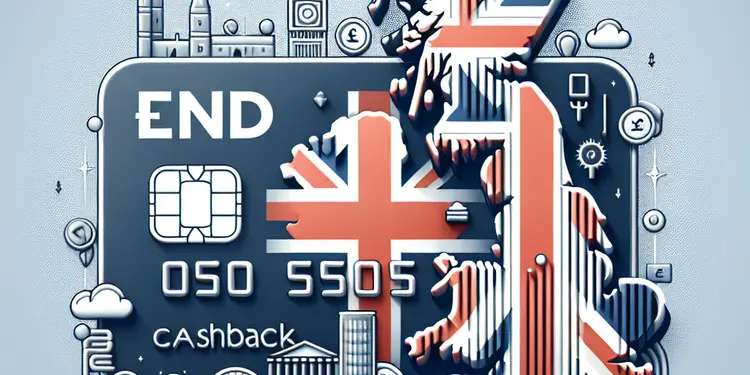
What should I look for in a cashback credit card?
Relevance: 49%
-
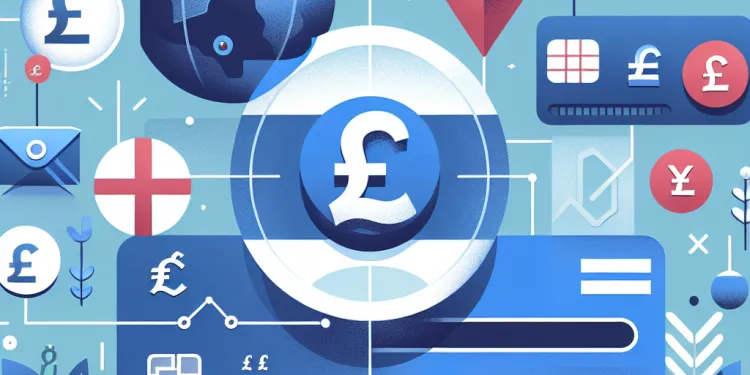
What should I consider before doing a balance transfer?
Relevance: 46%
-
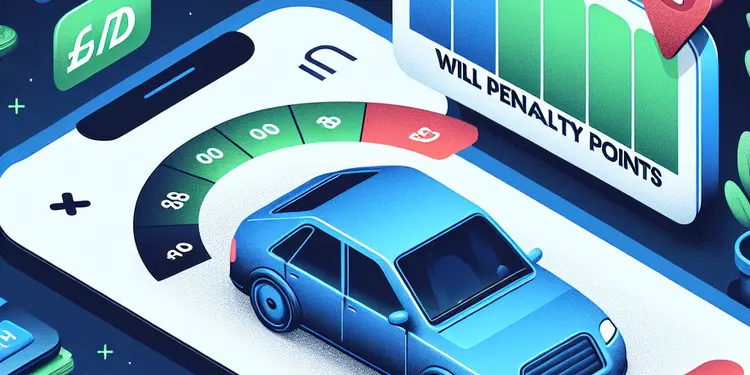
Will penalty points affect my credit score?
Relevance: 46%
-

Can eviction affect my credit score?
Relevance: 46%
-
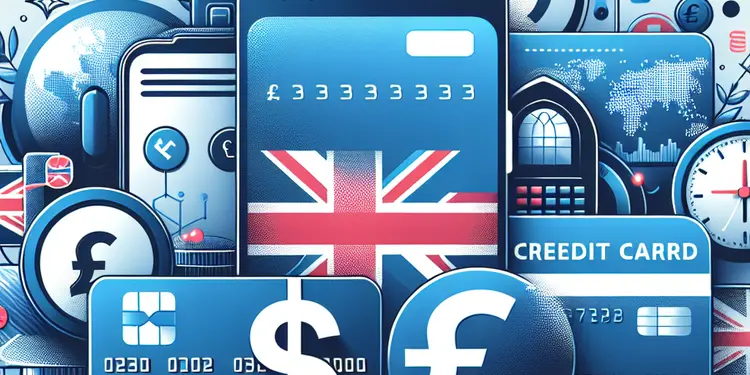
What is credit card fraud?
Relevance: 46%
-
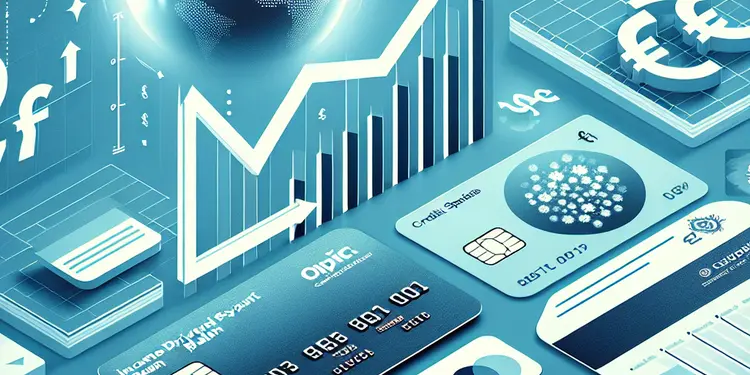
Does applying for an income-driven repayment plan affect my credit score?
Relevance: 44%
-
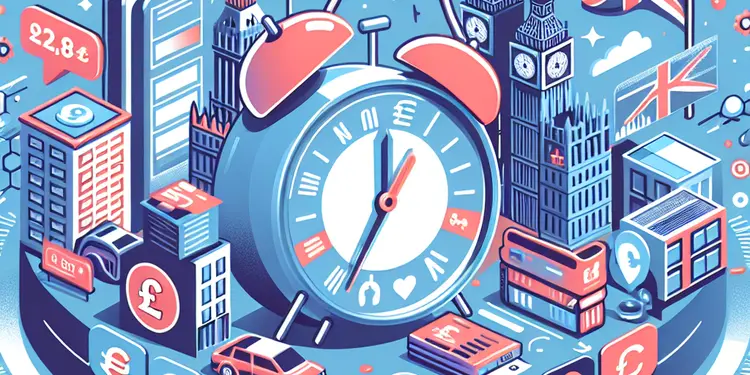
Can a Time to Pay arrangement affect my credit score?
Relevance: 42%
-

Can mis-sold car finance affect my credit score?
Relevance: 42%
-
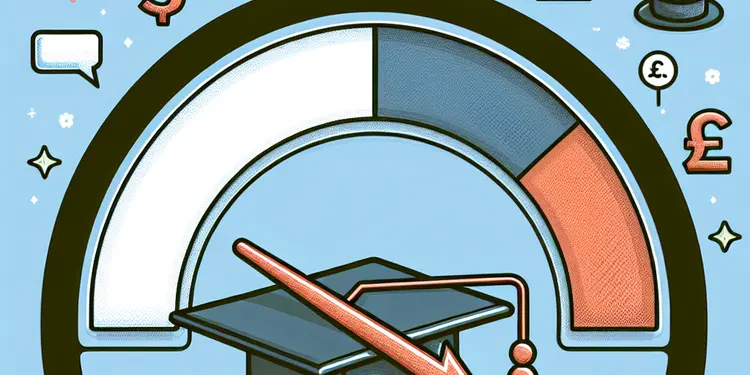
How does missing student loan payments affect my credit score?
Relevance: 39%
-
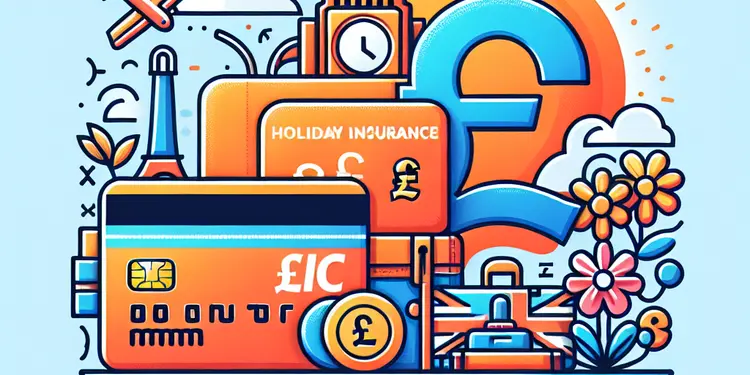
Is it necessary to have holiday insurance if I have a credit card with travel benefits?
Relevance: 38%
-
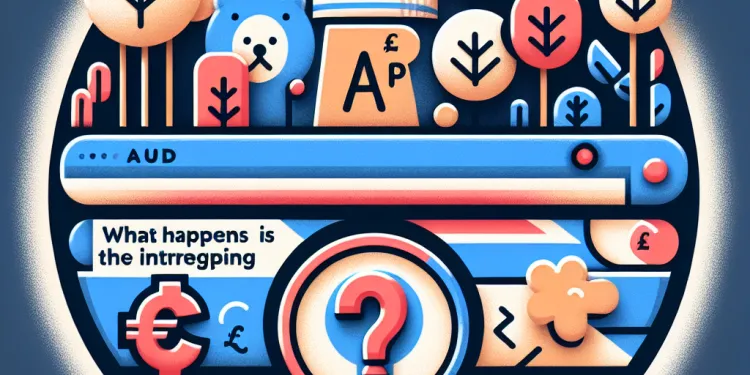
What happens when the introductory APR period ends?
Relevance: 34%
-
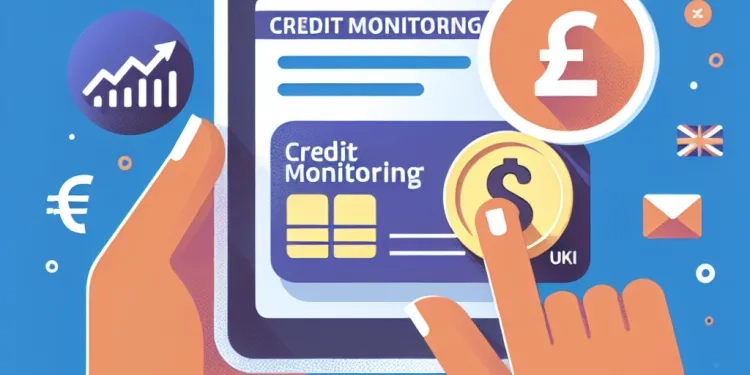
What is credit monitoring?
Relevance: 32%
-
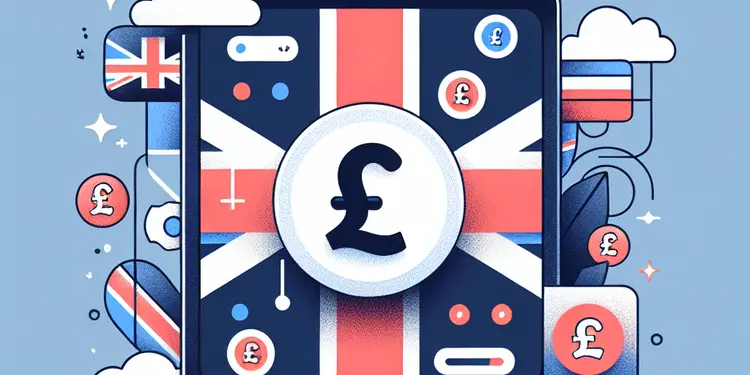
What happens if I have a credit on my account?
Relevance: 32%
-
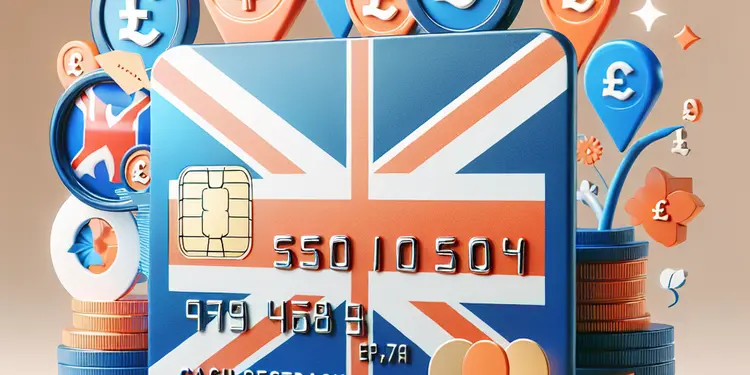
Do cashback credit cards offer sign-up bonuses?
Relevance: 31%
Understanding Credit Scores in the UK
Credit scores in the UK usually range from 0 to 999, depending on the credit reference agency. The three main agencies in the UK are Experian, Equifax, and TransUnion. Each agency uses a different scoring system, but they all help lenders assess the creditworthiness of an individual. A higher credit score indicates a better credit position, making it easier for individuals to access financial products like balance transfer cards.
What is a Balance Transfer Card?
A balance transfer card is a type of credit card that allows individuals to transfer existing credit card debt to the new card, often with a low or 0% introductory interest rate for a set period. This can help individuals save money on interest payments and repay their debt more efficiently. However, to qualify for a balance transfer card with favorable terms, a good credit score is typically required.
What is a Good Credit Score for a Balance Transfer Card?
While the exact definition of a "good" credit score can vary between lenders and credit reference agencies, generally, a score considered "good" is sufficient to qualify for many balance transfer cards. For instance, if referring to Experian, a good credit score is typically around 700 or higher. For Equifax, a good score may be 420 or above, and for TransUnion, a score around 600 is often deemed good.
Lenders may set their criteria for what they consider an acceptable credit score, so it is crucial to check the specific requirements of the balance transfer card you are interested in. Additionally, a higher score increases the chances of being approved for cards with the best terms, such as longer 0% interest periods and lower balance transfer fees.
Improving Your Credit Score
If your credit score is not yet at the level required to qualify for a competitive balance transfer card, there are several steps you can take to improve it. Firstly, ensure you make all your existing credit payments on time, as missed or late payments can significantly impact your score. Secondly, reduce your credit utilization by paying down outstanding balances, aiming to use less than 30% of your available credit.
Also, check your credit report regularly for any inaccuracies or issues that may need to be resolved. Consider registering on the electoral roll, as this can make a positive difference to your credit score. Finally, using a credit-builder card responsibly can help enhance your credit rating over time.
Conclusion
In summary, a good credit score greatly increases your chances of being approved for a balance transfer card in the UK, as well as accessing the most favorable terms and rates. Understanding the credit scoring systems and taking steps to improve your score can open up more financial opportunities and provide better options for managing existing debt.
Understanding Credit Scores in the UK
Credit scores in the UK are numbers from 0 to 999. These scores depend on the company that checks your credit. The three main companies that do this are Experian, Equifax, and TransUnion. They each have their own scoring system, but they all help banks and lenders decide if they want to give you a loan or credit. A higher credit score means you have a better chance of getting loans or credit cards, like balance transfer cards.
What is a Balance Transfer Card?
A balance transfer card is a special type of credit card. It lets you move debt from your old credit card to a new one. Often, the new card has a low or even 0% interest rate for a while. This can save you money on interest and help you pay off what you owe. But, to get a good balance transfer card, you usually need a good credit score.
What is a Good Credit Score for a Balance Transfer Card?
A "good" credit score is different depending on who you ask. Usually, a good credit score means you can get many balance transfer cards. For Experian, a score of 700 or more is good. For Equifax, a score of 420 or more is good. For TransUnion, around 600 is good.
Each lender can have their own idea of what a "good" score is for them. It is important to look at what score is needed for the card you want. Also, a higher score can help you get better deals, like longer 0% interest times and lower fees.
Improving Your Credit Score
If your credit score is not high enough for a good balance transfer card, there are ways to improve it. First, pay all your bills on time. Late payments can hurt your score. Next, try to use less than 30% of your credit limit. This can also help your score.
Check your credit report often to make sure everything is correct. Sign up to vote, because this can also help your score. Using a credit-builder card carefully can slowly make your score better.
Conclusion
In conclusion, having a good credit score helps you get a balance transfer card in the UK. It also helps you get better terms, like lower interest rates. Learning about credit scores and improving yours can give you more choices for managing your money and debt.
Frequently Asked Questions
What is a balance transfer card?
A balance transfer card is a type of credit card that allows you to transfer existing high-interest debt to a new credit line with lower interest rates.
Why does credit score matter for a balance transfer card?
Credit score matters because it helps lenders assess the risk of lending to you. A higher score can increase your chances of approval and getting better terms.
What is a good credit score range to apply for a balance transfer card?
A good credit score range is typically 670 and above, but many providers prefer 700 and above for the best offers.
Can I get a balance transfer card with a fair credit score?
Yes, you may qualify with a fair credit score (580-669), but the terms and interest rates might not be as favorable.
What credit score is considered excellent for a balance transfer card?
An excellent credit score is typically 800 and above, which might provide the best chances for approval with great terms.
Do all balance transfer cards require good credit?
Not all, but most balance transfer cards target those with good to excellent credit scores.
Is it possible to get denied a balance transfer card despite having a good credit score?
Yes, other factors like credit utilization, income, and debt-to-income ratio can influence a lender's decision.
How can I check my credit score before applying?
You can check your credit score through free services, directly from credit bureaus, or via your bank or credit card issuer.
Can recent negative entries affect my chances for a balance transfer card?
Yes, recent negatives such as late payments can impact your application, even if your numeric score is good.
How long does it take to improve a credit score?
Improving a credit score can take several months to a year, depending on the actions you take.
Do some balance transfer cards cater to those with lower credit scores?
Some cards might be available for fair credit, but they might have higher fees and interest rates.
What other factors do credit card issuers consider besides the credit score?
Issuers also consider income, employment history, existing debt, and credit history length.
Can improving my credit utilization ratio help me qualify for a balance transfer card?
Yes, a lower credit utilization ratio can improve your credit score and application prospects.
Does applying for multiple balance transfer cards affect my credit score?
Yes, each application results in a hard inquiry, which can temporarily lower your credit score.
How can on-time payments influence my credit score?
On-time payments strengthen your credit history, significantly impacting your credit score over time.
Does closing old accounts affect my ability to get a balance transfer card?
Closing accounts can reduce your credit limit and history length, potentially lowering your credit score.
Should I pay off debt before applying for a balance transfer card?
Paying down debt can improve your credit utilization ratio, potentially enhancing your credit score.
Can I transfer balances if I am over my credit limit?
Most issuers will not allow transfers that exceed the credit limit on your new card.
Are there specific balance transfer cards recommended for good credit scores?
Yes, many cards are tailored to those with good credit scores, offering favorable introductory APRs.
How often should I check my credit score when planning to apply for a balance transfer card?
Regularly check your credit score at least a few months before applying to allow time to address issues.
What is a balance transfer card?
A balance transfer card helps you move money you owe on one credit card to another card. This can help you pay less money in interest.
Here are some tips to help:
- Use a calculator to see how much money you can save.
- Ask someone you trust to explain it to you.
- Look for videos or pictures online that show how it works.
A balance transfer card is a special kind of credit card. It helps you move your old debt, which has high interest, to this new card with lower interest. This means you pay less money on the debt over time.
Why is a credit score important for a balance transfer card?
Your credit score shows how good you are with money.
It helps banks decide if you can get a new card.
If you have a high score, it is easier to get a card.
A balance transfer card can help you pay off money you owe.
Use tools like budget apps to manage money and improve your score.
Your credit score is important. It helps banks and other lenders decide if it's safe to lend you money. If you have a high score, you are more likely to get approved for loans, and you might get a better deal.
What credit score do I need to get a balance transfer card?
A credit score is a number that shows if you pay back money on time.
You usually need a medium or high credit score to get a balance transfer card. This is a card that helps move your debt from one place to another.
Using money apps can help you keep track of your credit score.
A good credit score is usually 670 or more. But, lots of companies like it better if your score is 700 or more. That way, you can get the best deals.
Can I get a balance transfer card if I have okay credit?
If your credit score is okay (not great, but not bad), you might still get a balance transfer card. Here are some tips that might help:
- Check different offers: Look at various cards and see what they offer. Some cards are more flexible with who they accept.
- Build your credit: If you can, work on making your credit score better. Pay bills on time and try to pay off any loans.
- Ask for help: You can talk to someone you trust or a financial advisor for advice.
- Use online tools: Look for websites or apps that can help you understand what cards you might get.
Yes, you might get approved if you have an okay credit score (580-669). But the interest rate might be higher, and the terms might not be as good.
What is a good credit score for getting a balance transfer card?
If you want to get a balance transfer card, you need a good credit score.
A very good credit score is usually 740 or higher.
Having a good score makes it easier to get a card.
If you want help with understanding credit scores, ask a friend or use apps that explain it clearly.
A really good credit score is usually 800 or higher. If your score is this high, you might get the best deals when you borrow money. You might also have a better chance of getting approved. If you need help, you can ask someone to explain credit scores to you. There are also apps to help you understand more about credit.
Do you need good credit for all balance transfer cards?
Most cards that let you move your balance are for people with good or excellent credit scores, but not all.
Can I be told no when I ask for a balance transfer card even if I have a good credit score?
Sometimes, yes. Having a good credit score is important, but it's not the only thing banks look at. They also check other things like:
- How much money you make.
- If you have a lot of debt already.
- If you pay your bills on time.
If you get told no, don't worry. Here are some things you can do:
1. Ask the bank why you were told no. They might tell you how to fix it.
2. Check your credit report. Make sure everything is right.
3. Try again later. Sometimes waiting a little bit helps.
Tools that can help:
- Money apps to help track spending.
- Credit report services to get your credit info.
Remember, don't give up! Keep trying and you can get the card you want.
Yes, there are other things that can help a lender decide. These things are how much credit you use, how much money you make, and how much debt you have compared to your income.
Tools like a calculator can help you understand your money better. You can also talk to a trusted person, like a family member or a friend, to get advice.
How can I check my credit score before I apply?
A credit score is a number that shows how good you are with money. It helps people decide if they can trust you with loans or credit cards.
Here is how you can check your credit score:
- Ask an adult to help you use the computer.
- Go to a credit score website. Some websites let you see your score for free. Make sure the website is safe.
- Follow the steps on the website. They might ask for your name and other information.
- After a few steps, you will see your credit score number.
Here are some tools that might help:
- Ask someone you trust for help if you find it hard to read.
- Use a computer program or app that reads the text out loud.
- Take your time and do not rush.
You can find out your credit score for free. You can use special websites, ask your bank, or check with the places that make credit scores.
Can bad marks on my record stop me from getting a balance transfer card?
Yes, things like paying your bills late can make it harder to get what you are asking for, even if your score is good.
How long does it take to make a credit score better?
Making a credit score better takes time. It can be quick or slow. Here are some tips to help:
- Pay bills on time. Try to do this every month. It helps your score go up.
- Keep credit card balances low. Spending less is good. It helps your score, too.
- Check your credit report. Make sure there are no mistakes. You can do this online.
- If there is a mistake, tell someone right away. This can fix your score.
- Being patient is important. It takes a few months to see changes.
It might take a few months to a year to see a big change. Keep doing the good work!
Fixing your credit score can take time. It might take a few months or up to a year. It depends on what you do to improve it.
Can people with lower credit scores get balance transfer cards?
Some credit cards are okay if you have fair credit. But, they can cost more money and charge more interest.
What do credit card companies look at other than your credit score?
Credit card companies look at:
- How much money you earn.
- Your job history.
- Any money you already owe.
- How long you have had a credit history.
Can using less of my credit card help me get a balance transfer card?
If you have a credit card, try not to spend all the money on it. This is called "credit utilization." It's good to use less than half. This helps your credit score.
A balance transfer card lets you move money you owe from one card to another. If your credit score is good, you can ask for this kind of card.
Here are some tips:
- Check how much of your credit card you use.
- Try not to spend all the money on your credit card.
- Use tools like reminders to pay your bill on time.
- Ask a grown-up for help if you need it.
Yes, using less of your credit can help make your credit score better.
Will applying for many balance transfer cards change my credit score?
If you ask for many balance transfer cards at once, it might change your credit score.
Here is how: When you apply for a card, the bank checks your credit. This is called a "credit check." Too many credit checks in a short time can make your score go down.
Here are some tips to help you:
- Only apply for cards you really need.
- Try not to ask for too many cards at the same time.
- Check your credit score before applying, using free tools online.
These tips can help you keep your credit score healthy.
Yes, every time you apply, it can make your credit score go down a little bit.
How do paying on time help my credit score?
Paying your bills on time is very good. It helps make your credit score better. A good credit score means people trust you to pay your bills.
Use a calendar or set reminders on your phone to help you remember when to pay your bills. This way, you won’t forget and your credit score will get stronger!
Will shutting down old bank accounts make it hard to get a new balance transfer card?
If you close an old bank or credit card account, it might change whether you can get a new balance transfer card.
Keep these tips in mind:
- Check your credit score to see if it's good. You can use tools like free credit check websites.
- Talk to a family member or friend if you need help understanding.
- Use apps that read text out loud if you find reading difficult.
Closing accounts can make your credit score go down. This is because it lowers your spending limit and shortens your credit history.
Should I pay off my debt before getting a balance transfer card?
Do you have money you owe people or banks? This is called debt.
Before you get a balance transfer card, think about these steps:
- If possible, try to pay some of your debt first. This will make it easier to manage your money.
- A balance transfer card can help you move your debt to one place.
It can be good to talk to someone who knows about money. They can help you decide what's best for you.
You can also use a calculator to see how much money you can save by moving your debt.
Remember, you want to make a choice that helps you have less debt.
When you pay off your debt, it can help your credit score. This is because you borrow less of what you can use.
Can I move money if my card is full?
If your card is full, you might not be able to move money to it. Here is what you can do:
- Check your card to see how much you can spend.
- Talk to your bank for help. They can give you advice.
- Use a calculator to count how much money you have left.
- Write down what you spend to keep track.
These tips can help you make good choices with your money.
Most banks will not let you move more money than your card can handle.
Which balance transfer cards are good if you have a good credit score?
If your credit score is good, you can get special balance transfer cards. These cards help you move money from one card to another.
Helpful tips:
- Check your credit score first. You can use online tools to see your score.
- Compare different cards. Look for ones with low fees.
- Read about the card rules. Make sure you understand them.
- Ask someone you trust for help if you need it.
Yes, many cards are made for people with good credit scores. These cards often have good deals at the start, like lower interest rates.
How many times should I look at my credit score when I want a new balance transfer card?
Here is some help to understand:
- Look at your credit score once a month.
- Use a free website or app to check it.
- You don't need to pay to see your score.
- Knowing your score can help you get the card you want.
Check your credit score often. Do this at least a few months before you need it. This gives you time to fix any problems.
Useful Links
This website offers general information and is not a substitute for professional advice.
Always seek guidance from qualified professionals.
If you have any medical concerns or need urgent help, contact a healthcare professional or emergency services immediately.
Some of this content was generated with AI assistance. We’ve done our best to keep it accurate, helpful, and human-friendly.
- Ergsy carfully checks the information in the videos we provide here.
- Videos shown by Youtube after a video has completed, have NOT been reviewed by ERGSY.
- To view, click the arrow in centre of video.
- Most of the videos you find here will have subtitles and/or closed captions available.
- You may need to turn these on, and choose your preferred language.
- Go to the video you'd like to watch.
- If closed captions (CC) are available, settings will be visible on the bottom right of the video player.
- To turn on Captions, click settings .
- To turn off Captions, click settings again.
More Items From Ergsy search
-

What is a good credit score to qualify for a balance transfer card?
Relevance: 100%
-

Will transferring a balance affect my credit score?
Relevance: 99%
-

What are the benefits of a balance transfer credit card?
Relevance: 91%
-

What is a Balance Transfer Credit Card?
Relevance: 90%
-

Can I transfer a balance from a loan to a credit card?
Relevance: 84%
-

Can I transfer balances from any credit card?
Relevance: 83%
-

How do I apply for a balance transfer card?
Relevance: 82%
-

What is a balance transfer credit limit?
Relevance: 79%
-

Can I transfer a balance to a card with no promotional offer?
Relevance: 75%
-

Will a cashback credit card help improve my credit score?
Relevance: 72%
-

Is a balance transfer the right choice for me?
Relevance: 71%
-

How does a balance transfer work?
Relevance: 69%
-

Can I use a balance transfer card for new purchases?
Relevance: 69%
-

Are there any fees associated with balance transfers?
Relevance: 68%
-

Credit Cards for Beginners Explained UK | Do's and Don't | Type of Cards
Relevance: 66%
-

Credit Cards for Beginners Explained UK | Do's and Don't | Type of Cards
Relevance: 66%
-

Can I transfer cashback rewards to another credit card?
Relevance: 66%
-

What is the typical duration of a promotional balance transfer offer?
Relevance: 61%
-

How long does a balance transfer take?
Relevance: 61%
-

Is a cashback credit card right for me?
Relevance: 60%
-

Do balance transfer offers apply to new purchases?
Relevance: 59%
-

How does a cashback credit card work?
Relevance: 54%
-

Are there any drawbacks to using a cashback credit card?
Relevance: 54%
-

Will switching banks affect my credit score?
Relevance: 54%
-

Will switching banks affect my credit score?
Relevance: 53%
-

What is a cashback credit card?
Relevance: 53%
-

What should I look for in a cashback credit card?
Relevance: 49%
-

What should I consider before doing a balance transfer?
Relevance: 46%
-

Will penalty points affect my credit score?
Relevance: 46%
-

Can eviction affect my credit score?
Relevance: 46%
-

What is credit card fraud?
Relevance: 46%
-

Does applying for an income-driven repayment plan affect my credit score?
Relevance: 44%
-

Can a Time to Pay arrangement affect my credit score?
Relevance: 42%
-

Can mis-sold car finance affect my credit score?
Relevance: 42%
-

How does missing student loan payments affect my credit score?
Relevance: 39%
-

Is it necessary to have holiday insurance if I have a credit card with travel benefits?
Relevance: 38%
-

What happens when the introductory APR period ends?
Relevance: 34%
-

What is credit monitoring?
Relevance: 32%
-

What happens if I have a credit on my account?
Relevance: 32%
-

Do cashback credit cards offer sign-up bonuses?
Relevance: 31%


